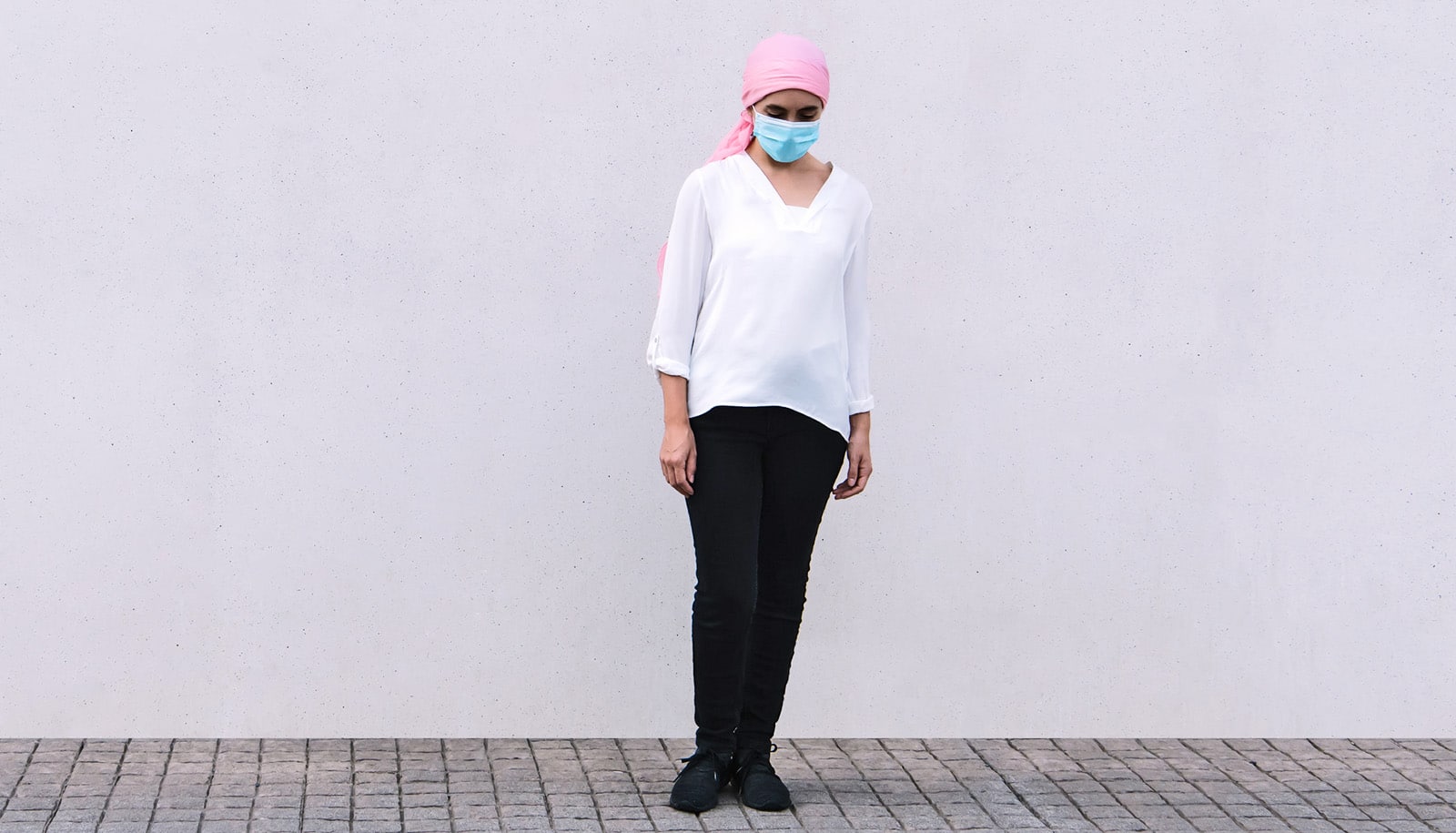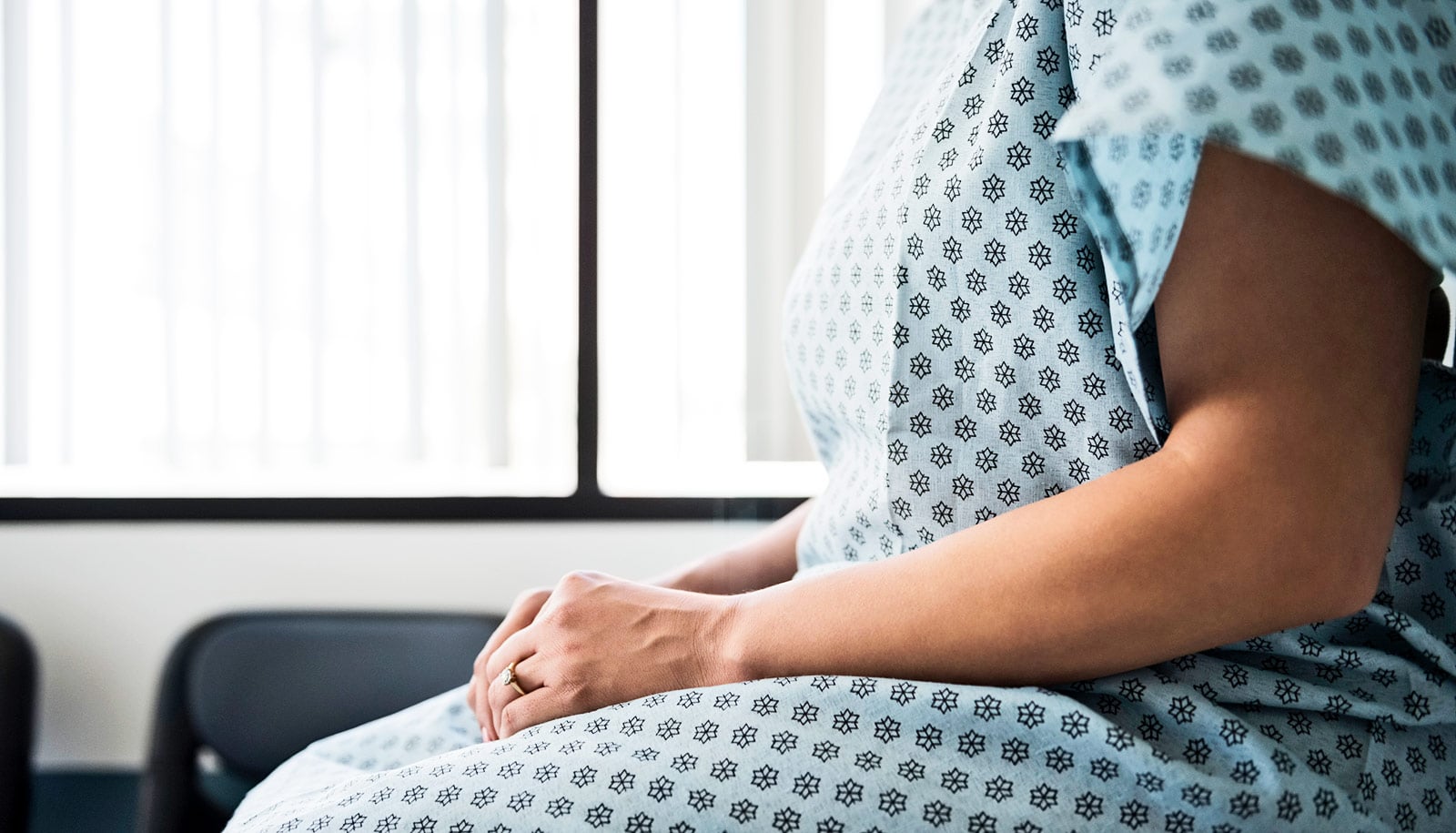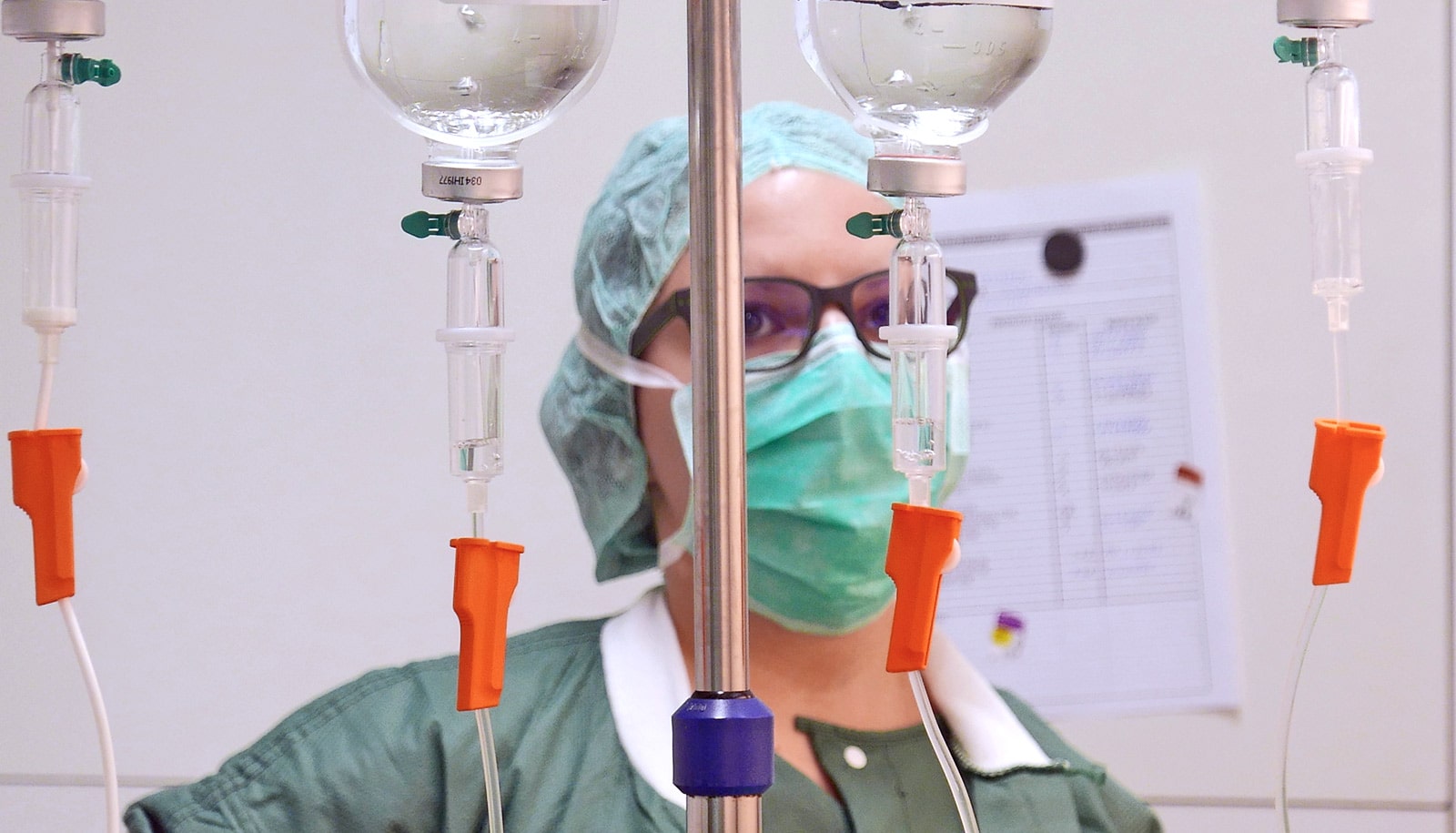
Cancer patients felt overwhelmed when discussing difficult prognoses and treatment options without anyone to provide the necessary emotional support. (Credit: Getty Images )
How COVID-19 disrupted cancer care
Interviews with over 90 patients and caregivers in the US and Australia highlight how COVID-19 disrupted cancer care in 2020 and 2021.
Cancer patients report heightened infection concerns, increased feelings of fear, and disrupted care during COVID-19.
The findings are an update to a previous analysis of the effects of living with cancer during the pandemic. The new study appears in the journal Clinical Cancer Research .
“The pandemic elicited a lot of uncertainty and dread and made people feel vulnerable,” says Mustafa Khasraw, professor in the neurosurgery department at Duke University School of Medicine. “COVID-19 impacted access to social support programs and clinical trials, families’ participation in care, and personal contact with care providers.”
The analysis is based on interviews of over 90 patients and caregivers in the United States and Australia taken in 2020 and 2021 by researchers at Duke University and the University of Sydney. The questions and responses covered five key topics.
- Telehealth: Concerns about efficacy of clinical interactions were widespread. Respondents often said they preferred meeting with their doctors face-to-face versus online.
- Visitor restrictions: Cancer patients felt overwhelmed when discussing difficult prognoses and treatment options without anyone to provide the necessary emotional support.
- Clinical estrangement: Physical and logistical changes made at hospitals during the pandemic also caused estrangement between patients and clinicians. Masks made communication difficult, and the perception of inadequate safety measures increased patients’ sense of fear and lack of trust in the institution.
- Uncertainty around clinical care access: COVID-19 research took priority so patients’ access to clinical trials and treatment were impacted. When vaccines emerged, there was confusion over distribution efforts and specific guidelines for those with various cancer treatment regimens.
- Diminished social attention to cancer: Some patients felt that cancer became less of a priority for funders, doctors, researchers, and the people around them—at a time when they felt additionally vulnerable.
The researchers say that care providers could make some changes to enhance care even in the absence of a disruptive event like a pandemic. The changes include increasing access to social work professionals, investing in technology and training to ensure telehealth meets patient needs, and facilitating remote participation of a support person where they are prevented from attending in-person.
“We need to have strategies in place to not disrupt care during situations including pandemics, natural disasters, acts of terrorism, and even breakdowns in technology,” Khasraw says. “We rely so much on things that are not necessarily robust and need to find additional ways to cope and manage patient care. This will take complex planning between health care providers and the patient care community,” he says.
Funding came in part from the Australian Research Council and the National Cancer Institute.
Source: Duke University
The post How COVID-19 disrupted cancer care appeared first on Futurity .
Share this article:
This article uses material from the Futurity article, and is licenced under a CC BY-SA 4.0 International License. Images, videos and audio are available under their respective licenses.


